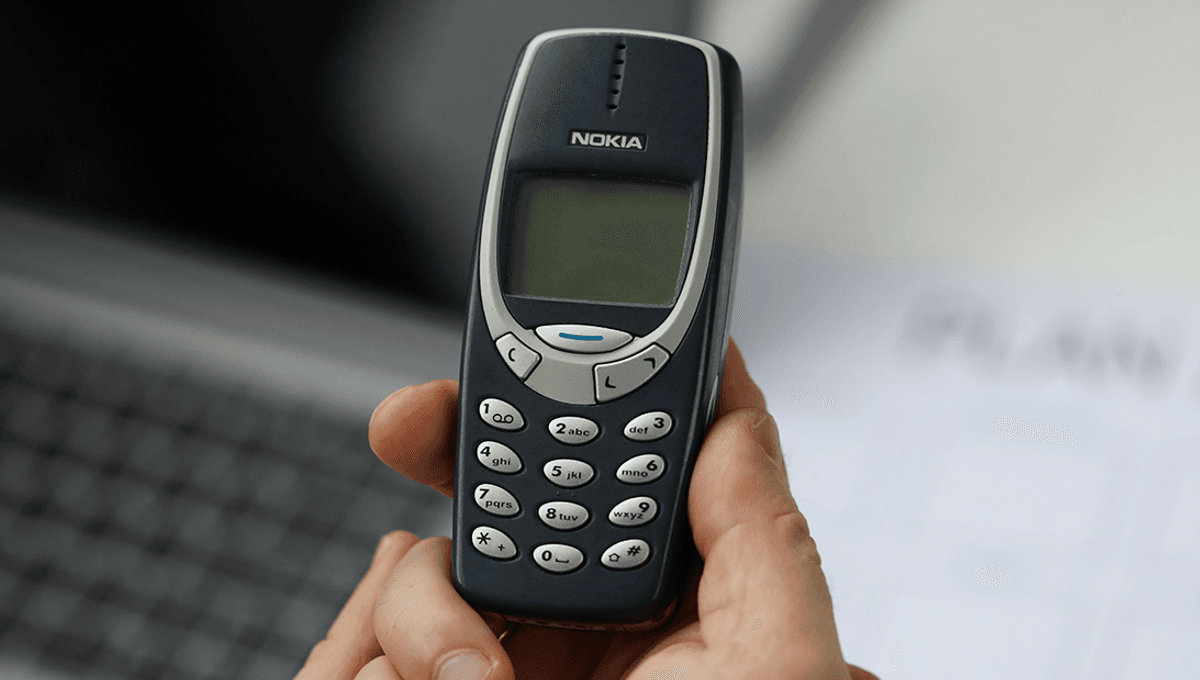
If you’ve ever watched The Wire, Breaking Bad, or have simply hung around with some interesting people during your time on Earth, you have probably come across the term “burner phones”.
Burner phones are generally depicted as being used by drug dealers, or others trying to keep their activities a secret, usually for nefarious purposes. But the phones themselves are not special, and in fact, were in fairly standard use around 20 years ago, sold as “pay-as-you-go” handsets. All they really are is old handsets with pay-as-you-go sim cards inside. What makes them “burner” phones is the willingness of the owner to “burn” them at a moment’s notice, destroying either the sim card, phone, or both.
Why do drug dealers use them? One reason is simply that they are preferable to the alternative. If you are going to use a phone to arrange drug deals and then be caught by law enforcement, it’s best if you don’t have a contract with a phone company linking that phone to you and your address. See also: why drug dealers (generally) don’t insist on bank transfers over untraceable cash.
That doesn’t mean that burner phones are untraceable to law enforcement. If they were to get ahold of a burner phone, police could have access to the text messages and call records stored on it. Linking it to drug dealers might be more difficult, however, unless they were silly enough to have bought it using a card, or were caught on CCTV buying the phone in question, or topping it up. This was how law enforcement caught up with Rex Heuermann, currently on trial accused of murdering three women found dead on the Long Island beachfront in 2010. According to the police, part of the evidence against him is that a burner phone used to contact the victims was purchased by Heuermann using his American Express card.
“While burner phones offer a higher level of anonymity compared to regular phones, they are not completely untraceable,” cyber expert Shanal Aggarwal told How Stuff Works. “Burner phones can be traced by law enforcement agencies using various methods, such as call detail records (CDRs), location tracking, surveillance and Stingray devices.”
Of course, there are other ways to keep your information secure (there are legitimate reasons to do this) without anything as dramatic as setting your phone on fire every few weeks, including encryption and VPNs. Burners, when people using them take caution not to connect to the Internet, and discard them quickly before moving onto the next burner, can provide people with extra anonymity. But if the phone is found, there are still ways it can be traced back to its owner.
“Your phone is a tracking device,” cybersecurity expert Jake Moore told The Guardian. “If you are moving around with a burner phone and you’ve still got your other phone with you, then law enforcement can do some triangulation on where you were.”
Source Link: Burner Phones: Are They Really Untraceable?